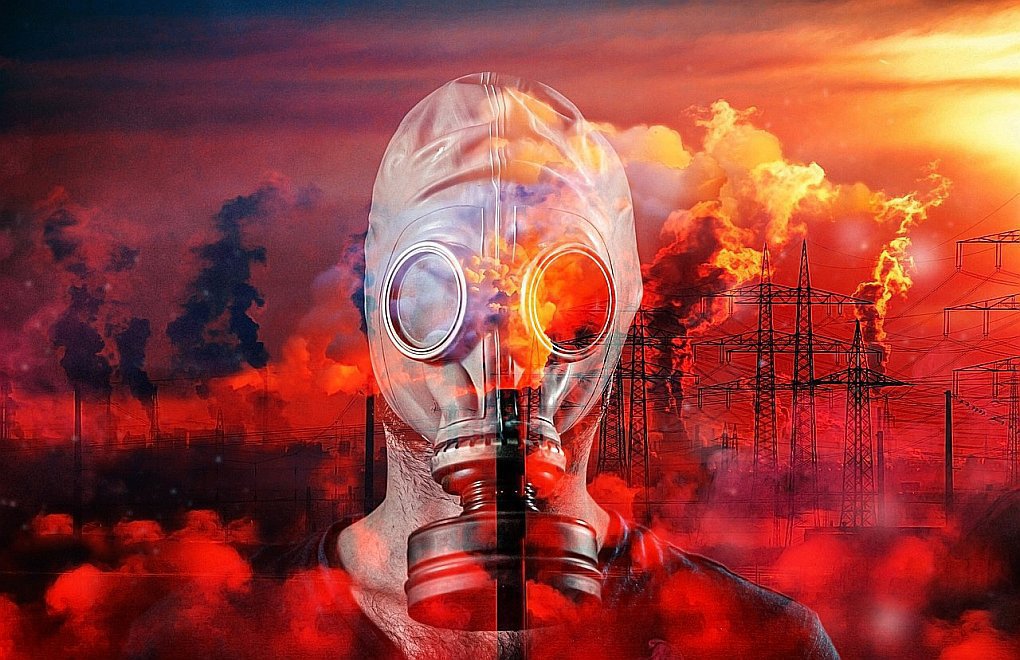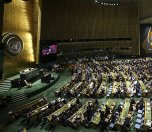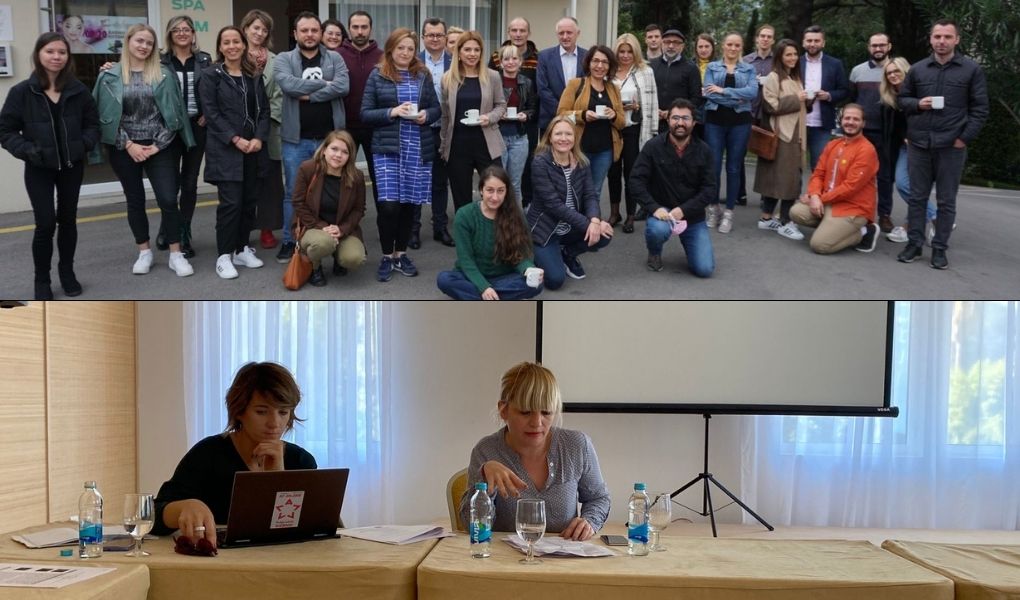Image: Gerd Altmann/Pixabay
Click to read the article in Turkish
Ahead of the United Nations Climate Change Conference (COP26) in Scotland's Glasgow in November, the time for updating the Nationally Determined Contributions (NDC) expired last week.
Turkey, which has not ratified the Paris Agreement, did not update its contributions as expected. The only three countries that updated their contributions were Surinam, Norway and Marshall Islands. They are responsible for 0.1 percent of global emissions, according to the Climate Watch.
We spoke on the matter with Ömer Madra, an environmental activist, Ümit Şahin, a climate expert at Sabancı University İstanbul Policy Center, and Elif Ünal, an activist from the Extinction Rebellion Turkey.
'Four oil companies made a profit of 2 trillion dollars'
Accusing only Turkey would not be right, Ömer Madra says, adding that the updated contributions from the three countries were "half-measured."
"Four greatest oil companies in the world are Exxon, Shell, Chevron and BP. These companies recently announced their 30-year profits, namely the profits between 1990 and 2020.
"Their total profit is 1 trillion 991 billion dollars, in other words, almost 2 trillion.
"This number means 7.7 million dollars an hour. 128 thousand dollars a minute, 2 thousand plus a few cents a minute, and about 35.5 dollars a tenth of second.
"Do you think they would give up on this? Wouldn't they influence the governments about the climate crisis? The only way for the countries to make commitments is going on a worldwide strike, which Greta started, with the participation of adults."
'Turkey is not getting into the main subject'
Ümit Şahin said there was not a move to increase contributions in real terms and he expects this to be delayed after the summit in Glasgow.
"We wanted the increase but we also expected this result. Because the countries don't have an obligation to notify right now," he said.
Turkey's previous commitment was not valid anyway as it did not ratify the agreement in its parliament, Şahin stressed.
"Of course, this is not a stance to be approved. Turkey continues to talk about other things without getting into the main subject.
"The first reason is that many countries prevent the steps to be taken towards the approval of the Paris [Agreement].
"The second is that countries do not renew their commitments, although it has been revealed that the commitments they have made so far will warm the Earth by almost 3.2 degrees.
"The goal is, as always, making Paris useful. It's a good deal, but it doesn't work with current commitments and without implementation.
"Of course it is a joke that the three countries have made [a commitment].
'Turkey's responsibility'
Elif Ünal from the Extinction Rebellion says that only three countries updating their NDCs should "make everyone think about that."
"The COP summit has been held for years and has been disappointing for years. The fact that only three countries have taken steps is a sign that we will be disappointed again.
"The biggest indicator of this is that the United Nations has no sanction against the countries. In fact, this also needs to be reviewed.
"Only then concrete steps can be taken for climate justice and to fight the climate crisis.
"The relations between Turkey and the Treaty of Paris turned into a long-winded story. Turkey's passing the agreement in the parliament is not enough as well.
"They should target and implement the reduction in carbon emissions, whether binding or not, for their responsibilities to the planet and their citizens."
About the Paris AgreementThe Paris Agreement is an agreement within the United Nations Framework Convention on Climate Change (UNFCCC), dealing with greenhouse-gas-emissions mitigation, adaptation, and finance, signed in 2016. As of November 2019, all UNFCCC members have signed the agreement, 188 have become party to it,[1] and the only significant emitters which are not parties are Iran and Turkey. The Paris Agreement's long-term temperature goal is to keep the increase in global average temperature to well below 2 °C above pre-industrial levels; and to pursue efforts to limit the increase to 1.5 °C, recognizing that this would substantially reduce the risks and impacts of climate change. It also aims to increase the ability of parties to adapt to the adverse impacts of climate change, and make "finance flows consistent with a pathway towards low greenhouse gas emissions and climate-resilient development." Source: Wikipedia |
(PT/VK)




.jpg)

-132.jpg)









.jpg)